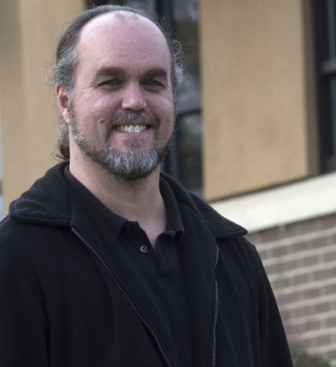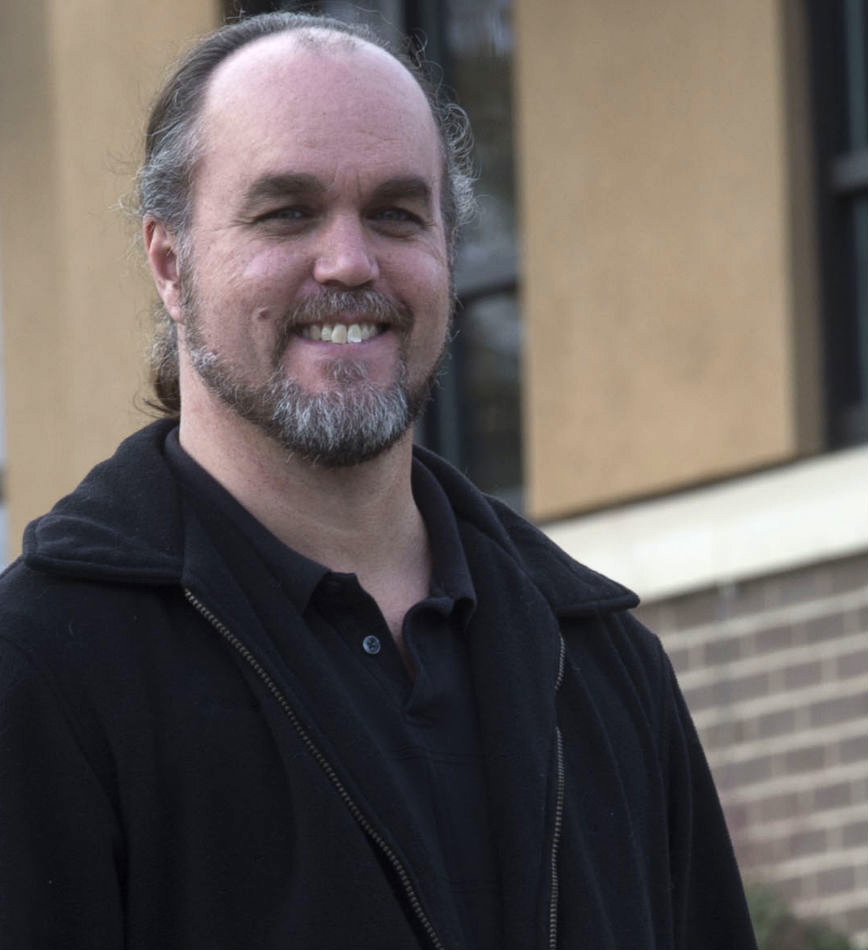 I have sometimes imagined that because of my time in prison I can understand what it is like to be black in the United States. I lived for nearly 25 years under conditions of control, viewed with suspicion and presumed dangerous.
I have sometimes imagined that because of my time in prison I can understand what it is like to be black in the United States. I lived for nearly 25 years under conditions of control, viewed with suspicion and presumed dangerous.
The law enforcement that ran the prisons were taught to view prisoners as an enemy, and that things could go wrong at any moment and they often responded with preemptive or excessive force.
It was also a world full of black prisoners, who far outnumbered the other races, so I lived as a minority and sometimes suffered because of that. I thought these experiences qualified me to understand the lives of blacks in our nation. I was wrong.
Following the shooting of Michael Brown I began to intently follow events in Ferguson and elsewhere with increasing anger. The oppression that black citizens face, especially young black men, was starkly exposed in the response of law enforcement to protests and marches. Watching the live feeds of riot police shooting tear gas at chanting demonstrators, hearing the crack of gunshots and the yells of those struck by rubber bullets and wooden disks I was outraged. It seemed to me that the ugly face of oppression, normally disguised, was revealed in full.
Other police shootings began to receive national attention. I followed each, reading about the circumstances, examining how patterns stretching far back into our nation’s past were being played out in the modern world. After a few weeks of this I was exhausted. Ezell Ford’s death was the last straw for me. The unarmed man, aged 25 and reportedly suffering from mental illness, was killed by Los Angeles police on August 11, two days after the shooting of Michael Brown.
I felt physically ill and hopeless that any change was possible. A seemingly endless stream of tragedy was pouring out of my Twitter and Facebook feeds, and I couldn’t take it any more. I signed out of all my social media accounts, stopped habitually listening to the news and began to focus on my work closer to home. After all, I told myself, there is enough injustice to go around, and I have a prayer to affect it in my own community.
It felt good to take a break from all the pain and suffering, and I did get a lot of work done in my own sphere. A few days later I was talking to a friend who lives near Ferguson and is also a restorative justice practitioner. He asked about my decision, since we often sent one another links to various stories and feeds. I told him I was just tired and needed to check out for awhile.
“Well John,” he said, “I understand that it’s painful, but I want to say that black folks don’t get to check out of being black in America.”
I felt frozen by his words, not because I was offended or hurt, but because they seemed so true. Eventually I recovered and went on to explain how I was more locally focused now, and that a lot of my time on social media didn’t have anything to do with justice anyway. It was mostly just food and cats and science articles, but his words were still stuck in my head.
He got what I was saying, but he was also afraid. He was afraid that a lot of people who have been galvanized into action were burning out.
“I’m afraid that instead of a movement we’ll have just a moment.”
I kept rolling his words over in my mind. Even with my parallel experiences one critical difference separated me from blacks in this country. My time in prison, though long, has ended.
I am back to being a middle-aged white man in America, essentially the most privileged status in the nation. I don’t worry about being profiled by police while walking down the street or driving my car. No one is likely to call the police, nor are the police likely to kill me if I am holding a bb gun in Walmart.
I’ve been able to do so much more than put my experiences behind me, I’ve actually been able to use them as a way to further my work. In some ways they have become an advantage. Black people don’t have that chance. They can’t check out of the pain of systemic racism. They can’t put being black behind them — not in the U.S. at least.
A few days later I had coffee with another friend, also a restorative justice practitioner. He’s focused a lot of his career on race relations and historical harms. He’s black as well, and sat patiently through my story, just smiling and nodding his head when I told him how I had been mistaken in my understanding.
Our conversation rambled for a few hours, and towards the end he asked about my parole status. Because I have a life sentence I need a commutation or a pardon to be totally off of parole. I explained how I’d have to apply for those and make a case that it served the interest of the community.
“Wouldn’t that be something if we could get a pardon for being black?” he asked.
We laughed a little, but something about his idea seemed off to me. The fact is that I received my sentence justly under the system, and I don’t have any resentment about it. No, I told him. Black people haven’t done anything wrong to be in need of a pardon. They have in fact been the victims. What they deserve, and what we desperately need in this country, is the legalization of being black. That could be the beginning of justice.

You have inadvertently explained in some detail why President Obama is having so much trouble to get things done as President. As President, does he still need legalization? I thought the election process took care of that requirement. Clearly, you need to have a conversation with President Obama, irrespective of security clearance.
Well, as a white-appearing person, I have to say this article disappointed me. It’s all about him. All of it. I was really hoping it was a tactical piece: strategies toward “the legalization of being Black.” It’s a really great concept for a consciousness raising campaign. But it’ll die where it lies because the focus of this piece is not on the crisis of white supremacy in this country and how we counteract it. It’s about a white guy who has 2 remedial epiphanies about his white privilege and now thinks he’s really smart. I’m disappointed.
Just when you think you have seen the stupidest drivel you have ever seen in your life the internet delivers again!